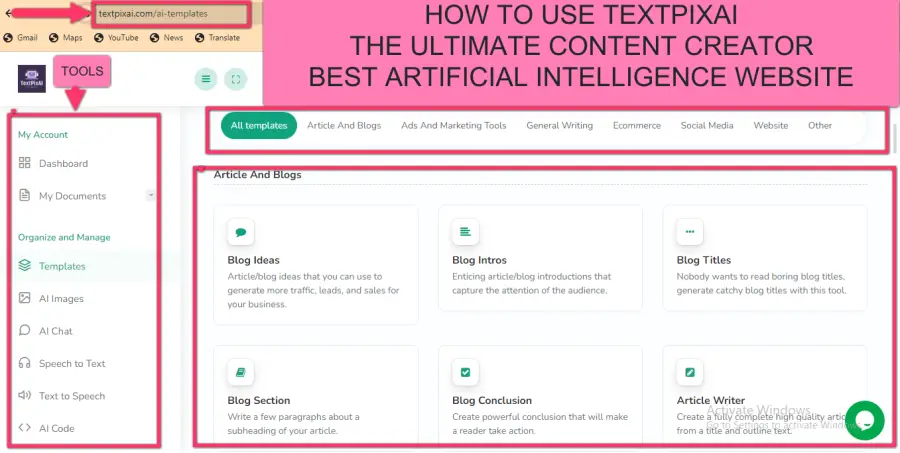The Rise of AI in Business: How Companies Are Leveraging Intelligent Automation
Introduction
In today's rapidly evolving business landscape, companies are constantly seeking innovative ways to gain a competitive edge. One such innovation that has been transforming industries across the board is Artificial Intelligence (AI). With its ability to process vast amounts of data, make predictions, and automate tasks, AI is revolutionizing how businesses operate. In this article, we will explore the rise of AI in business and how companies are leveraging intelligent automation to streamline processes, enhance decision-making, and drive growth.
Understanding the Basics of AI
Before delving into its applications in business, it's essential to grasp the fundamentals of AI. Artificial Intelligence refers to the simulation of human intelligence in machines that are programmed to think and learn like humans. It encompasses various subfields, including machine learning, natural language processing, and computer vision.
You may also like to read:
AI in Music: Unleashing Creativity or Threatening Authenticity?
The Role of Machine Learning
Machine learning is a subset of AI that focuses on developing algorithms that allow machines to learn from data and make predictions or decisions based on it. This technology has been a game-changer for businesses, as it enables them to analyze vast datasets and extract valuable insights.
The Impact of AI in Business
1. Enhanced Data Analysis
AI-powered tools and algorithms have the capability to process and analyze massive datasets at a speed and scale that humans simply cannot match. This has proven invaluable for businesses seeking to extract actionable insights from their data.
2. Improved Customer Service
Chatbots and virtual assistants are becoming increasingly sophisticated thanks to AI. They can provide instant responses to customer inquiries, improving the overall customer experience and freeing up human agents for more complex tasks.
3. Predictive Analytics
AI can analyze historical data and market trends to make accurate predictions about future outcomes. This is particularly useful for demand forecasting, inventory management, and financial planning.
4. Streamlined Operations
Businesses are using AI-driven automation to streamline their operations. This includes automating routine tasks, optimizing supply chains, and even predictive maintenance for machinery and equipment.
Challenges and Considerations
While the benefits of AI in business are clear, there are challenges to overcome. These include concerns about data privacy, the need for upskilling the workforce to work alongside AI, and the potential for bias in AI algorithms.
The Future of AI in Business
The integration of AI in business is only expected to grow in the coming years. As AI technology continues to advance, companies will find new and innovative ways to leverage it. From personalized marketing to autonomous vehicles, the possibilities are endless.
Conclusion
In conclusion, the rise of AI in business is not a trend; it's a fundamental shift in how companies operate. By harnessing the power of intelligent automation, businesses can gain a competitive edge, make data-driven decisions, and provide better customer experiences. Embracing AI is no longer a choice; it's a necessity for those looking to thrive in the digital age.
FAQs
1. What is the primary advantage of AI in business?
- The primary advantage of AI in business is its ability to process and analyze vast amounts of data, providing valuable insights and driving informed decision-making.
2. Are there any ethical concerns surrounding AI in business?
- Yes, there are ethical concerns, including data privacy, bias in AI algorithms, and the impact of automation on the workforce.
3. How can businesses ensure the responsible use of AI?
- Businesses can ensure responsible AI use by implementing transparent and ethical AI practices, regularly auditing AI systems, and promoting diversity in AI development teams.
4. What industries are most impacted by AI adoption?
- AI adoption is prevalent across various industries, including healthcare, finance, retail, and manufacturing.
5. What does the future hold for AI in business?
- The future of AI in business is promising, with continued advancements leading to even more innovative applications across industries.







